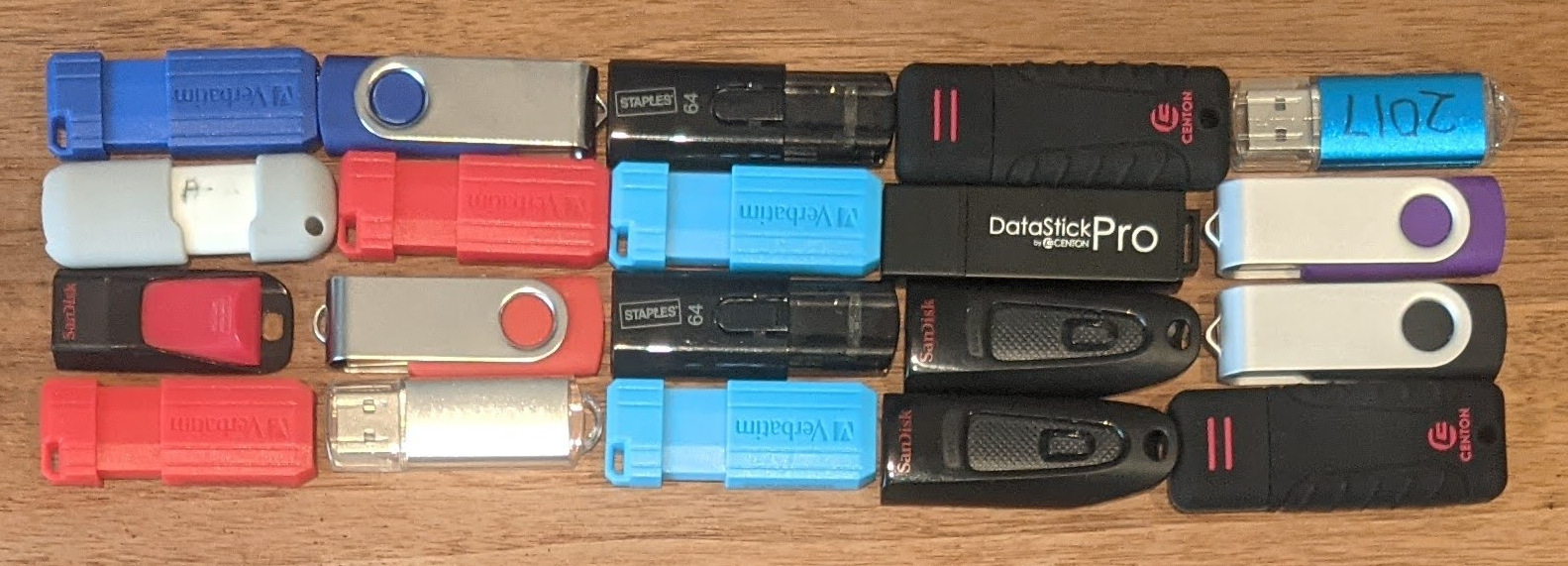Free Law Project Creates the First Online Database of Federal Judicial Financial Disclosures
At Free Law Project, our mission is to make legal information free and open to all, and especially to journalists, researchers, and academics. That is why we are excited to announce the creation of a new, first-of-its-kind database of federal judicial financial records.
Over the past several months, we provided award-winning journalists James Grimaldi, Coulter Jones, and Joe Palazzolo of The Wall Street Journal exclusive access to our new database on the financial records of federal judges. Today marks the culmination of their efforts with the publication of the first in a series of articles about conflicts of interest in the Judiciary.
Today also brings with it the announcement of our work, as we prepare to make our financial disclosure database freely available to all.

What is the financial disclosure database?
Our financial disclosure database is a collection of over 250,000 pages of financial records drawn from over 26,000 tiff and PDF files. We requested these files from the federal judiciary beginning in 2017 and have been gathering them since that time.
These files contain the disclosure records for every federal judge, justice, and magistrate from 2011 to 2018. We expect to receive and process the majority of the 2019 disclosures in the coming weeks.
We were also able to gather files from other online sources, providing us with some disclosures from 2003 to 2010. With these in our database, we believe we have every publicly-available financial disclosure form, but that there may be significant private collections in newsrooms and elsewhere. If you have such a collection that you would be willing to share, please let us know.
You can learn more about our sourcing and data coverage on our page dedicated to this topic.
After processing these disclosure files, we were able to extract roughly 1.5 million investment transactions, 14,000 reimbursements, and 1,600 gifts. Additionally, we have gathered data on agreements, debts, and non-investment incomes of the judges and their spouses. To learn more about the definition of these terms, see the relevant section of the Guide to Judicial Policy.
Availability Timeline
- API documentation available now.
- APIs available
later this weekNow!. - Original tiff files are browsable now, with enhanced PDFs coming soon.
- Browsable disclosures on our website
as soon as possibleNow!.
Why is this important?
The Ethics in Government Act was passed in 1978 in the aftermath of the Watergate Scandal and mandated the filing of these disclosures. From then until now, there has never been a database like the one we are announcing today. There are a number of reasons for this.
First, while the type of documents included in our database are technically available to the public, there are many caveats to that availability. For example, before 2017, financial disclosure records had to be individually requested by fax, and a fee had to be paid for each disclosure. This created an insurmountable barrier to their bulk access.
Second, by statute, financial disclosure records are only available for six years. After that time, disclosures generally must be destroyed by the Judiciary, rendering older disclosures entirely inaccessible.
The knowledge of the six-year lifespan of these documents, and the removal of the per-disclosure fee in 2017, led us to begin requesting these documents in bulk on a regular basis. At the very least, we figured, if we had these disclosures, they would not wind up in the trash.
But having the disclosures is only half the battle. The last reason a database like this has never existed is a simple one: time and money. Despite our expertise in this area, the extraction of data from these documents required nearly a year of work to complete. Some of this work was supported by a partner of ours, Pre/Dicta, which generously supported work on this project, but much of it still had to be supported out of our own funds.
We are very excited to announce that this database will soon be publicly available on https://www.courtlistener.com and we will be providing free API access to all the records and files held within.
The Wall Street Journal's groundbreaking investigation is the type of transparency we envisioned when we began building this and our other databases. We believe this type of research is of vital importance in the greater journey to promote accountability and to keep the federal judiciary conflict free.
We hope that others will utilize this database to further their own work and research, as well as help us continue to fulfill our mission of making the legal ecosystem more equitable and competitive. We look forward to working with many of you.
As we continue to grow and work to fulfill our mission, we rely on donations and partnerships. If you believe in the work we do, please consider supporting our organization.